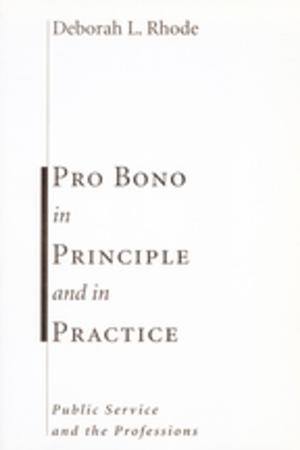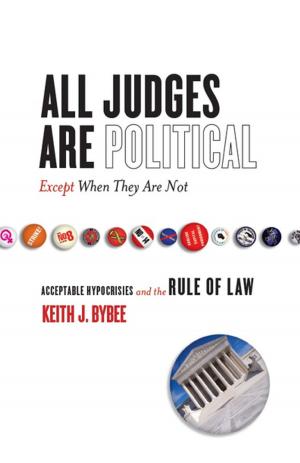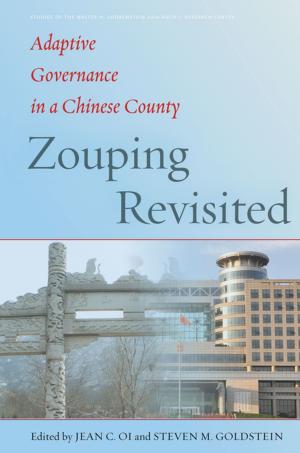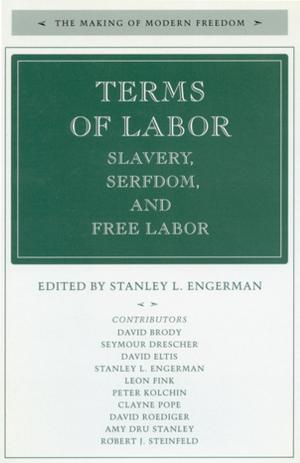| Author: | Andrew Elfenbein | ISBN: | 9780804769891 |
| Publisher: | Stanford University Press | Publication: | October 30, 2008 |
| Imprint: | Stanford University Press | Language: | English |
| Author: | Andrew Elfenbein |
| ISBN: | 9780804769891 |
| Publisher: | Stanford University Press |
| Publication: | October 30, 2008 |
| Imprint: | Stanford University Press |
| Language: | English |
Named a CHOICE Outstanding Academic Title for 2009 Romanticism and the Rise of English addresses a peculiar development in contemporary literary criticism: the disappearance of the history of the English language as a relevant topic. Elfenbein argues for a return not to older modes of criticism, but to questions about the relation between literature and language that have vanished from contemporary investigation. His book is an example of a kind of work that has often been called for but rarely realized—a social philology that takes seriously the formal and institutional forces shaping the production of English. This results not only in a history of English, but also in a recovery of major events shaping English studies as a coherent discipline. This book points to new directions in literary criticism by arguing for the need to reconceptualize authorial agency in light of a broadened understanding of linguistic history.
Named a CHOICE Outstanding Academic Title for 2009 Romanticism and the Rise of English addresses a peculiar development in contemporary literary criticism: the disappearance of the history of the English language as a relevant topic. Elfenbein argues for a return not to older modes of criticism, but to questions about the relation between literature and language that have vanished from contemporary investigation. His book is an example of a kind of work that has often been called for but rarely realized—a social philology that takes seriously the formal and institutional forces shaping the production of English. This results not only in a history of English, but also in a recovery of major events shaping English studies as a coherent discipline. This book points to new directions in literary criticism by arguing for the need to reconceptualize authorial agency in light of a broadened understanding of linguistic history.















